What do Acer, Weight Watchers, and Hendrick’s Gin have in common? They are the top three companies on Infegy’s Most Trusted Brands list.
We hear a lot about brand trust. Brands with high customer trust have a variety of mega bennies, including greater customer loyalty, less price-sensitivity, and greater brand advocacy, all of which translate into more profits and a stronger bottom line. But how, exactly, do we measure trust? Is quantifying it even possible?
Infegy believes that the answer is yes. Its Trust Index is based on social listening, which it compiles and analyzes with its social listening platform, Infegy Atlas. Infegy creates its Trust Index based on three factors: “trust” (positive or negative attitudes toward the brand shared on social media), “sentiment” (the percentage of online conversations that express positive emotions of trust shared in social media), and post volume. It then weights each factor to come up with an overall Trust Index score.
Quantifying trust in this way, here are Infegy’s top 10 most trusted brands:
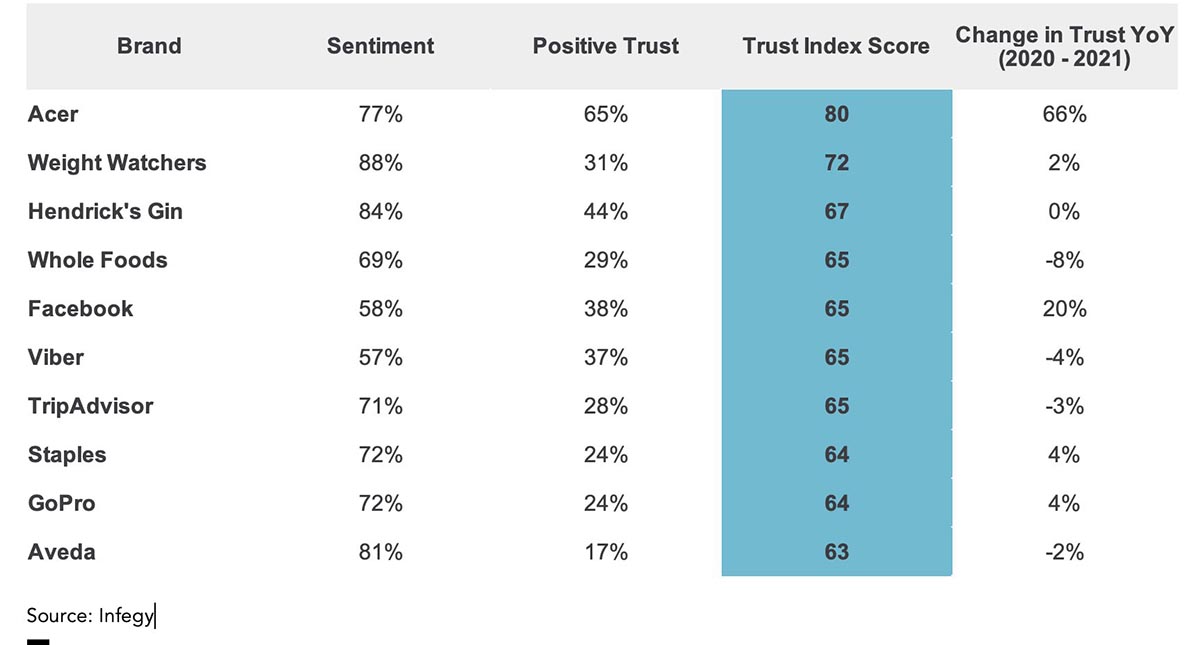
“Typically, we see around 5-10% of brand mentions from audiences expressing trust in an online post,” according to the company’s blog post announcing its Top 100. “So, the above numbers are impressive.”
When we look at the change in trust YoY for each brand, we see who’s worked hard at building trust. Acer was not only number one on the brand trust list, but it also saw the most improvement, up 66% from the prior year. Acer clearly knew it could do better and worked hard to clean up its image—and it worked. Also up significantly is Facebook, which improved its brand trust by 20%.
How do you build customer trust? Study after study has shown that it isn’t based on the easy stuff—products, pricing, and service. It is based on things that are much deeper and more emotionally resonant, including company integrity, transparency, and cultural values. Infegy’s Trust Index reiterates these trends, as well:
People are vigilant in their choices and the path they take to purchase. And they truly care about a company’s openness, accessibility, integrity, stance on issues, honesty and how they run their business.
That’s why, just like any other relationship, knowing your level of brand trust requires listening. You can think you’re doing all the right things and think you know what your customers think about you, but until you actually listen to what they are saying, you’re really just hoping.
The most trusted brands on earth constantly monitor how audiences perceive them and look for trends and pinpoint why that data shakes out that way.
How do you build trust in a world that evaluates you based on factors other than your products? Based on Infegy’s years of social listening, here are the five factors it cites:
- Transparency. What are your company values? What does the company stand for? What kind of people are behind the curtain? Customers care more than you might think.
- Being personal. People want to feel that companies know them and respect their time, which means only offering products and services that are relevant to them.
- Accessibility. It’s hard to trust a company that makes it difficult to contact them. Be accessible at all touchpoints. Make it easy to contact a real person.
- Data-driven. Use data, not guesswork.
- Listening. You can’t know what people want unless you are actively listening to what they have to say. Monitoring social conversations with listening tools like Infegy is one way, but there are others, such as focus groups and surveys, too.
Infegy’s Trust Index raises important questions about our understanding of what brand trust really is and how it is developed (and kept). It both challenges our perception of our own brand trust and, for PSPs looking to embrace new ways to service their customers, offers insight into a potential new line of business—trust monitoring, followed by the development and execution of marketing strategies designed around what is learned.


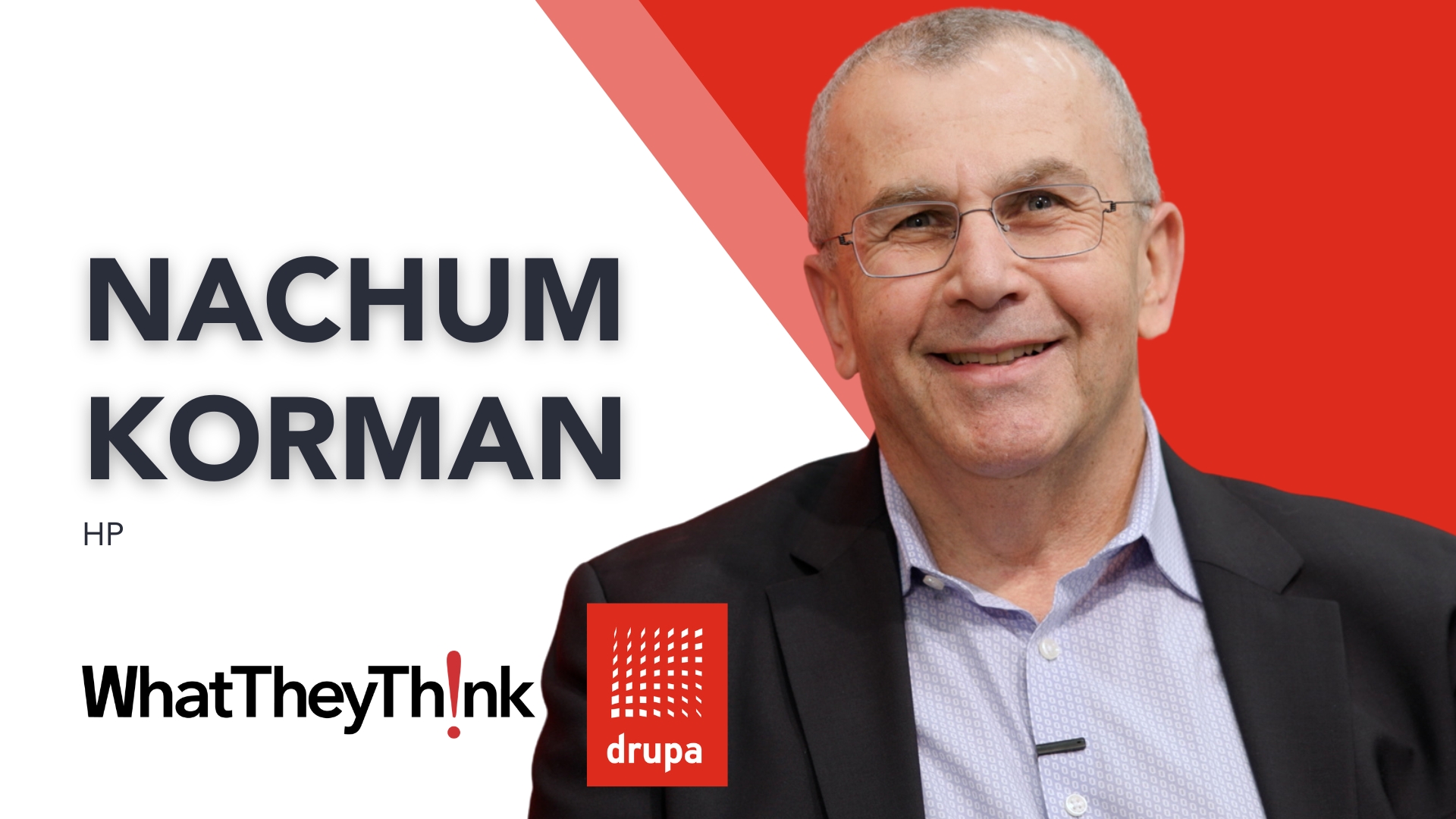
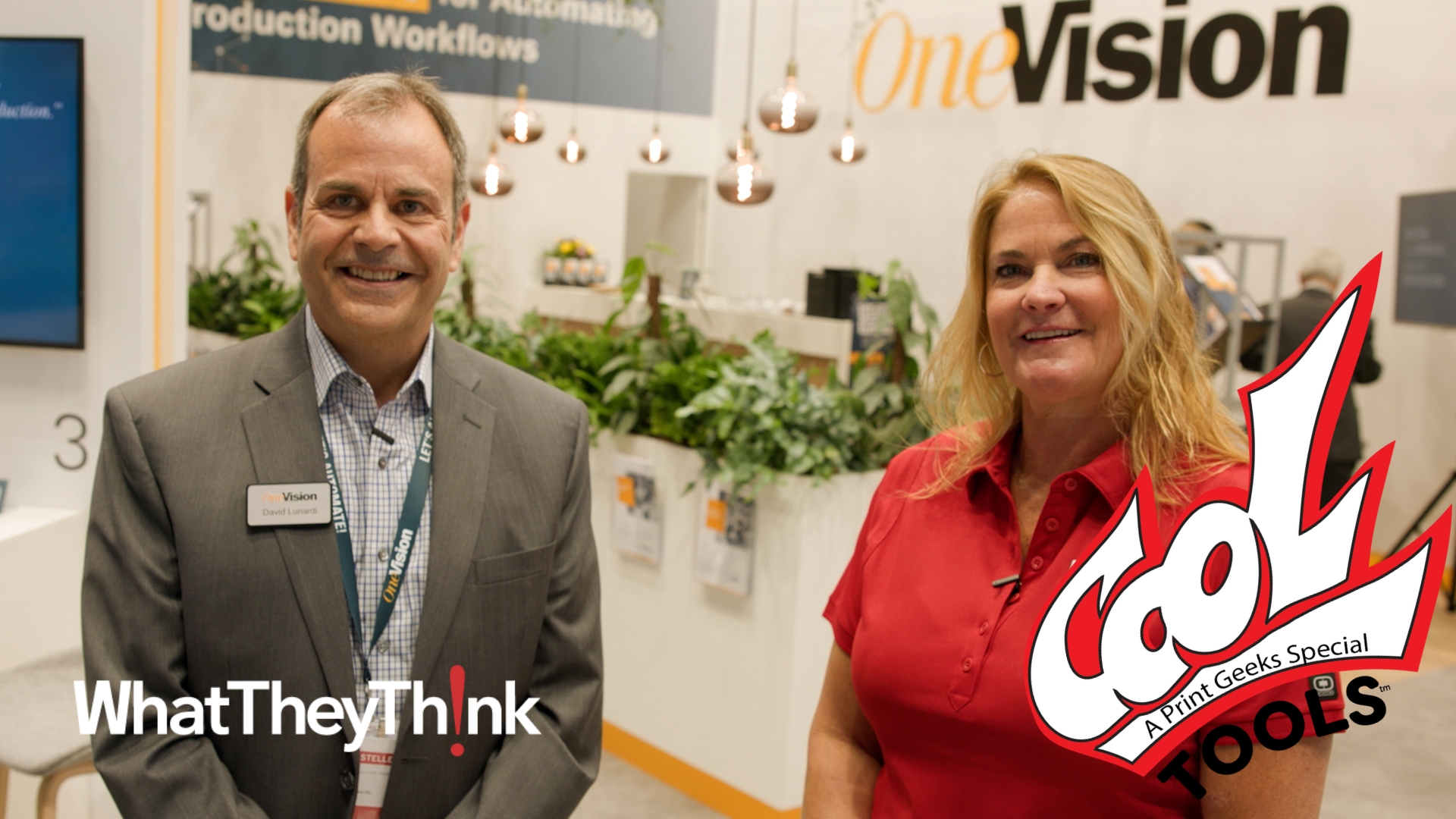
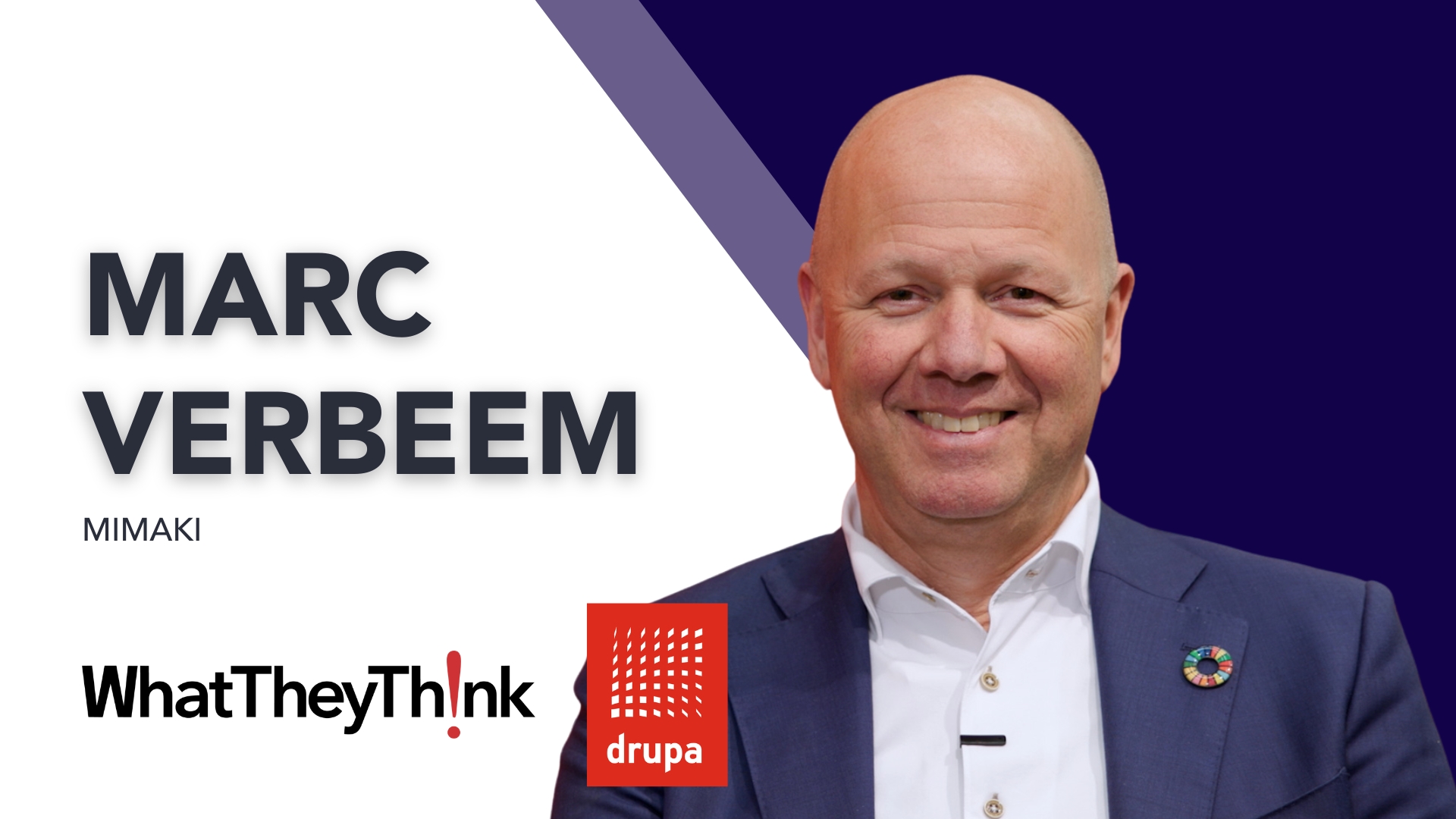
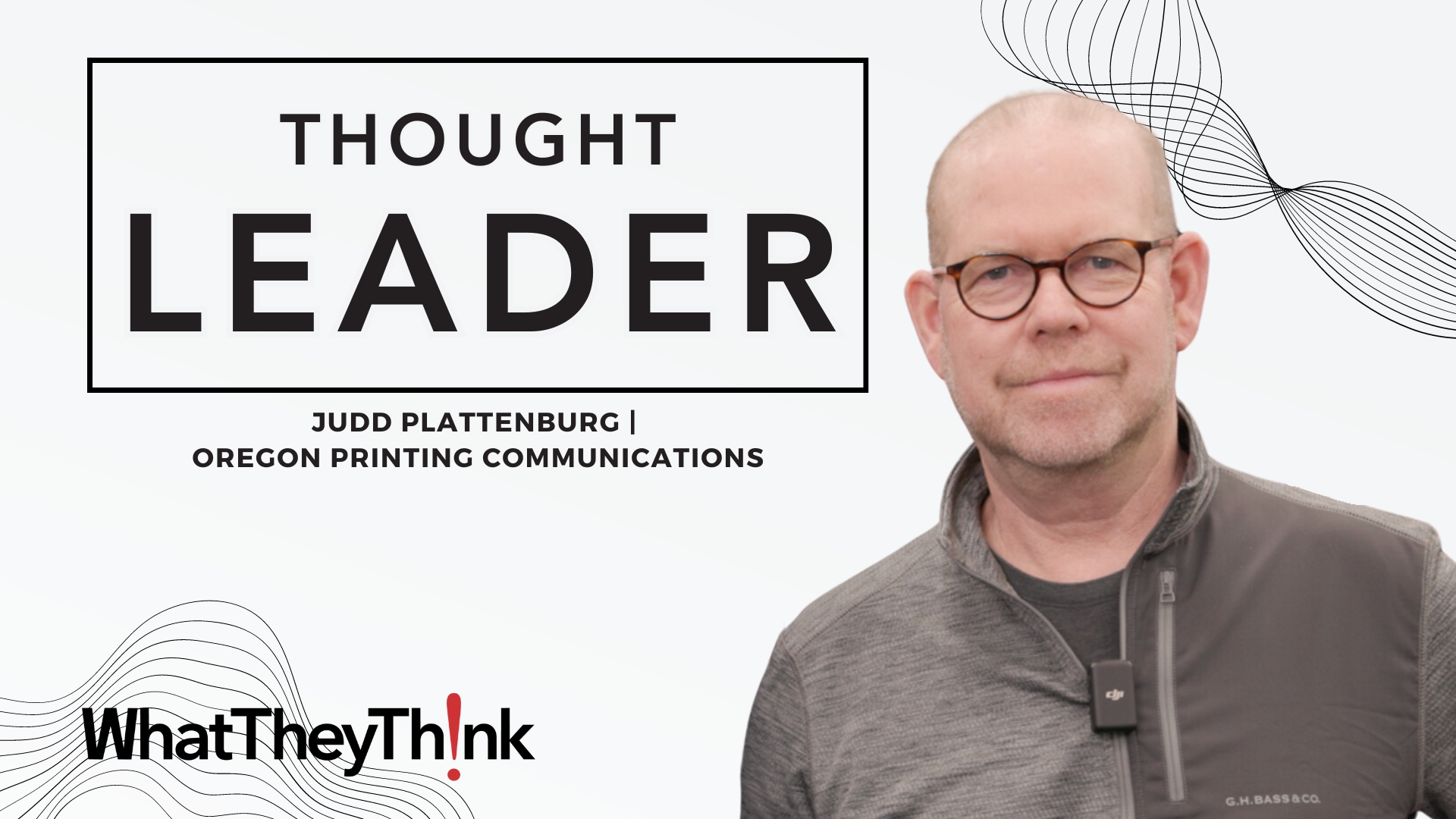

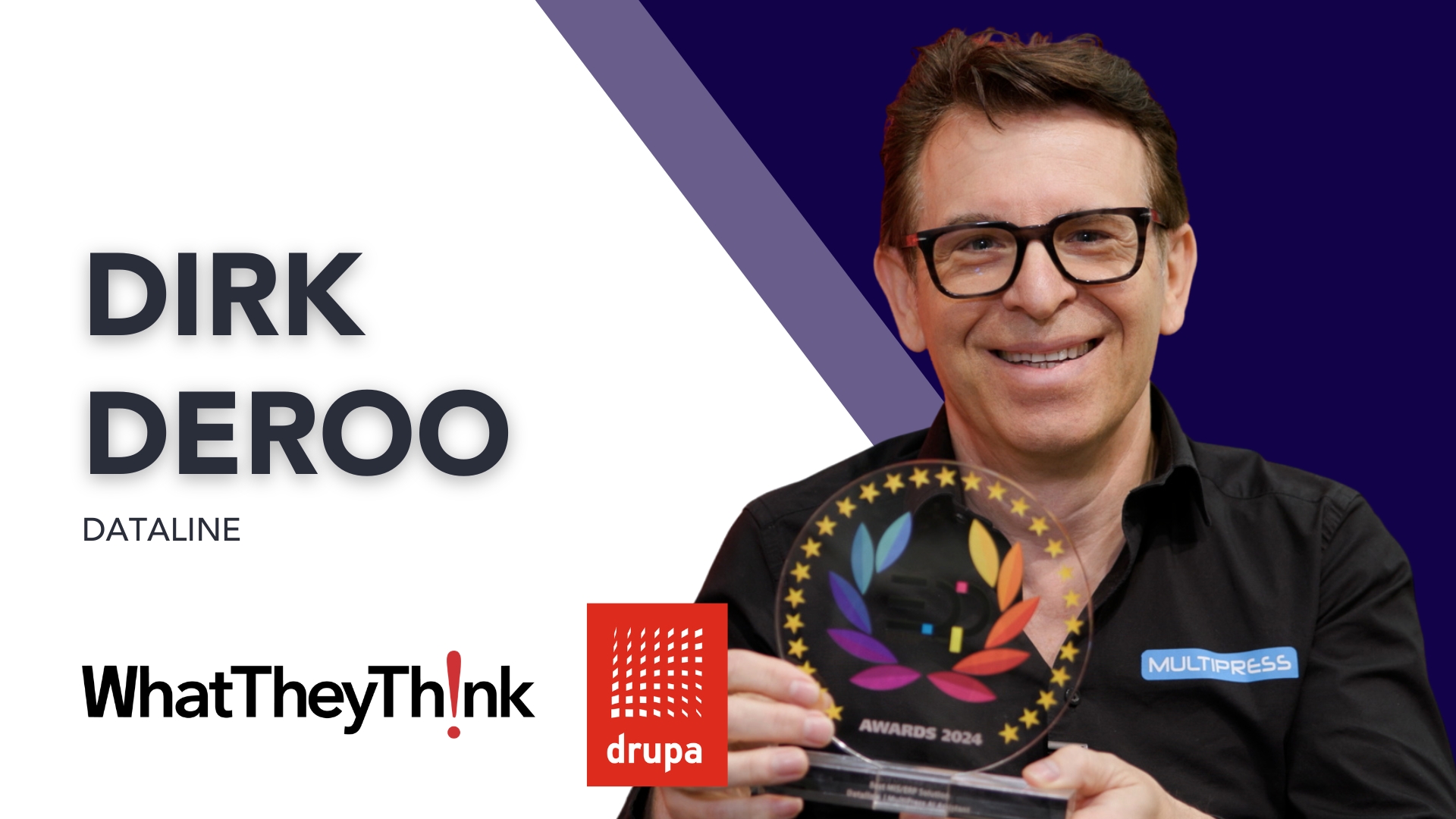
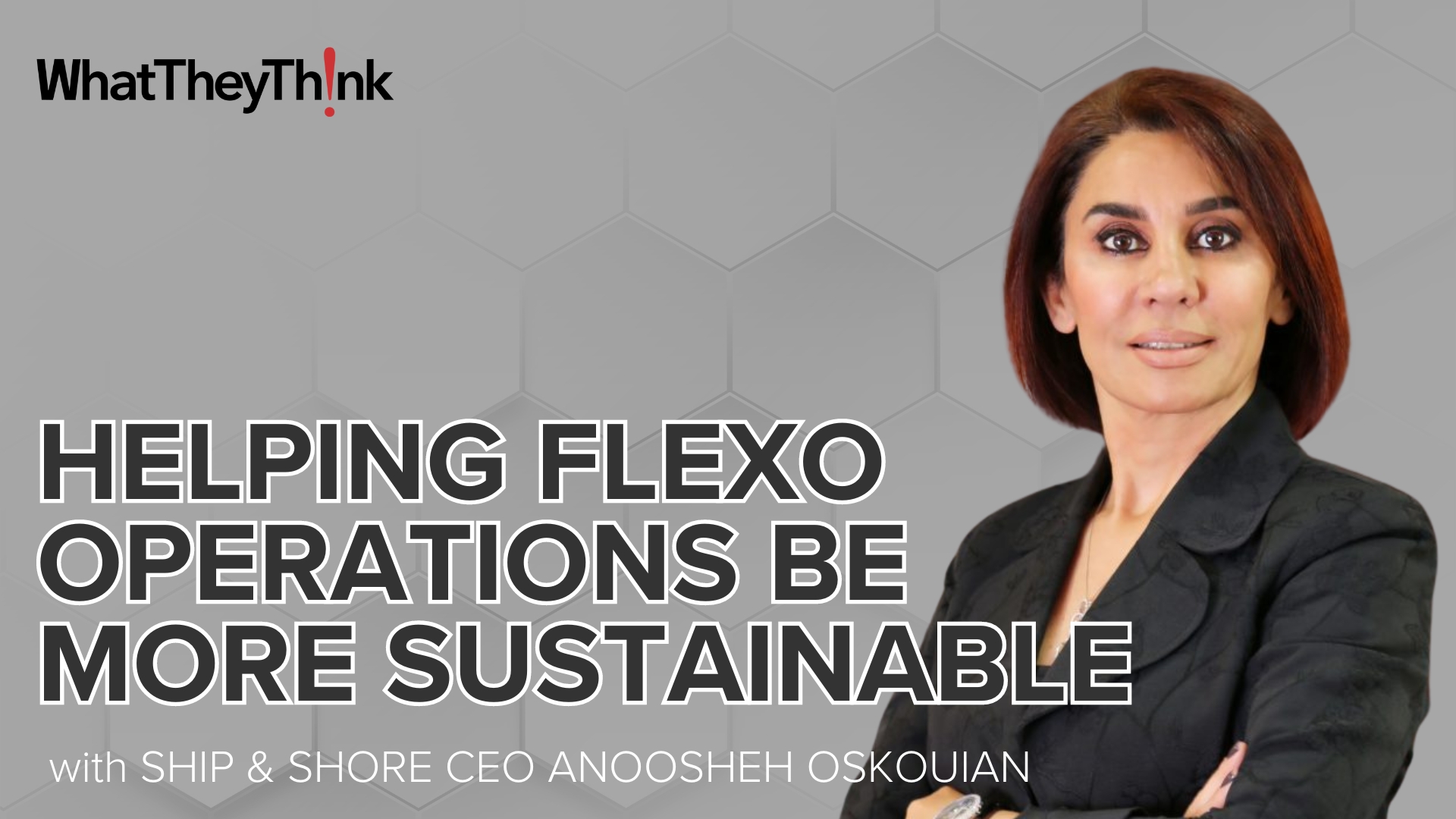
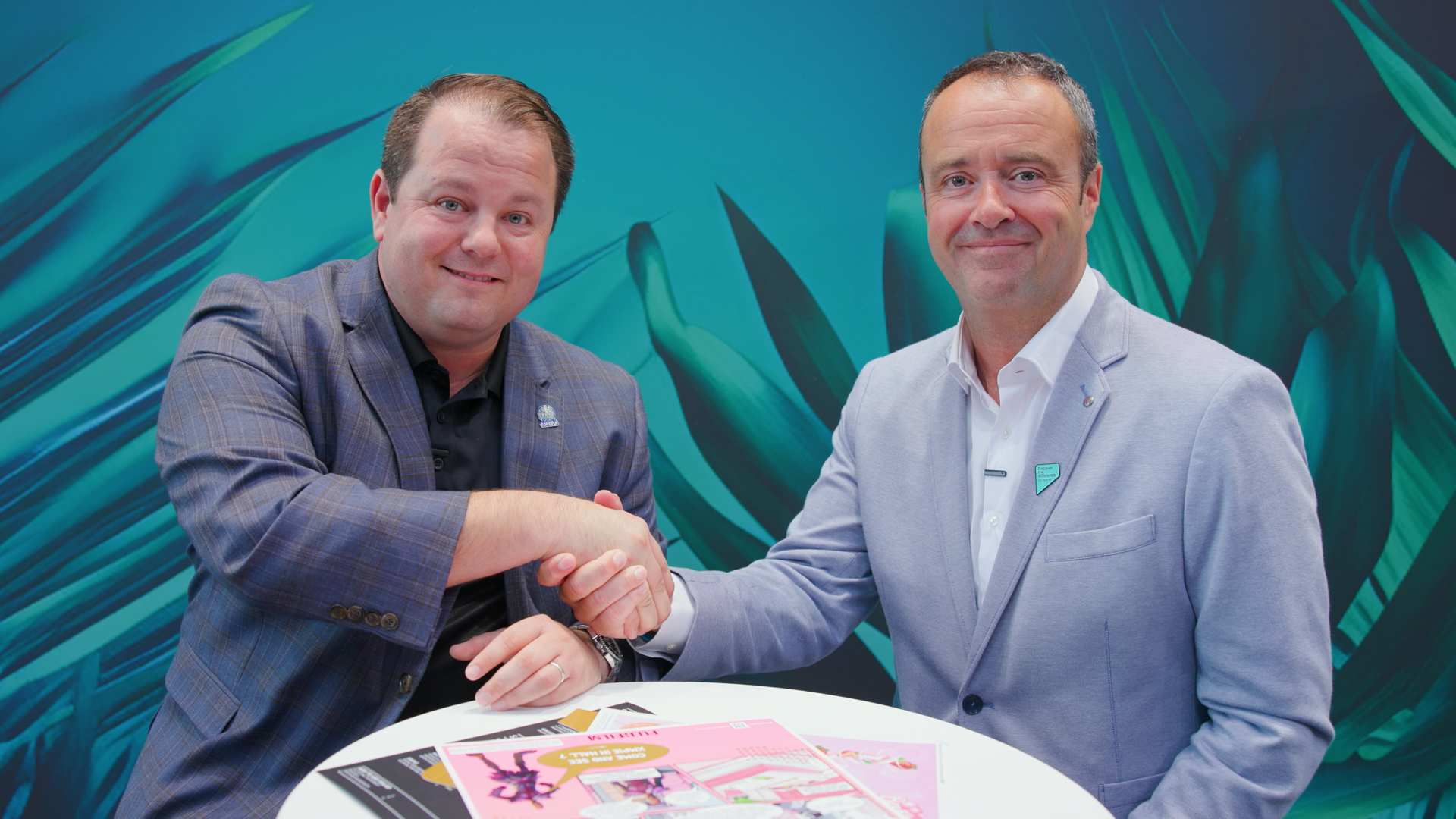
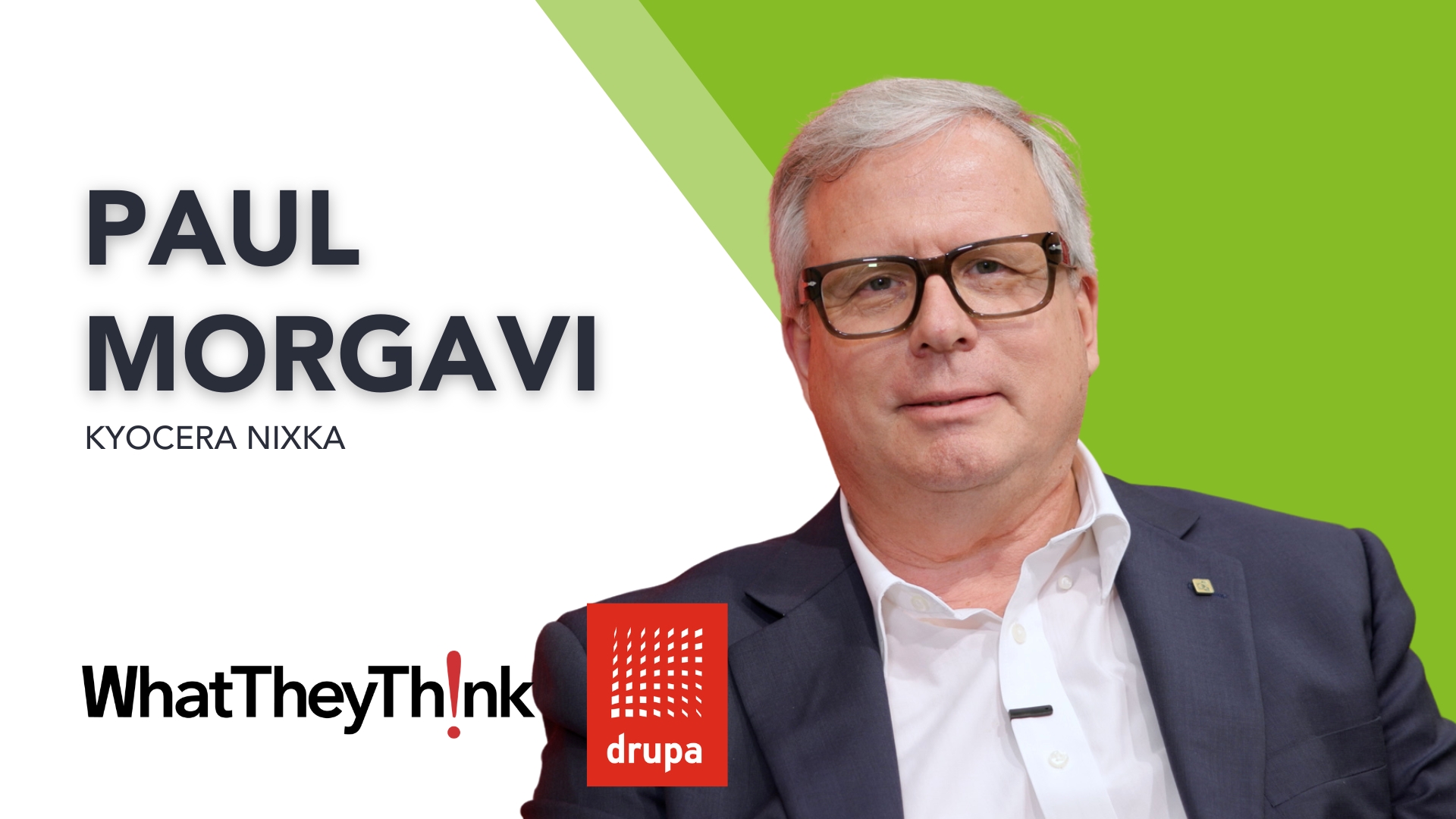
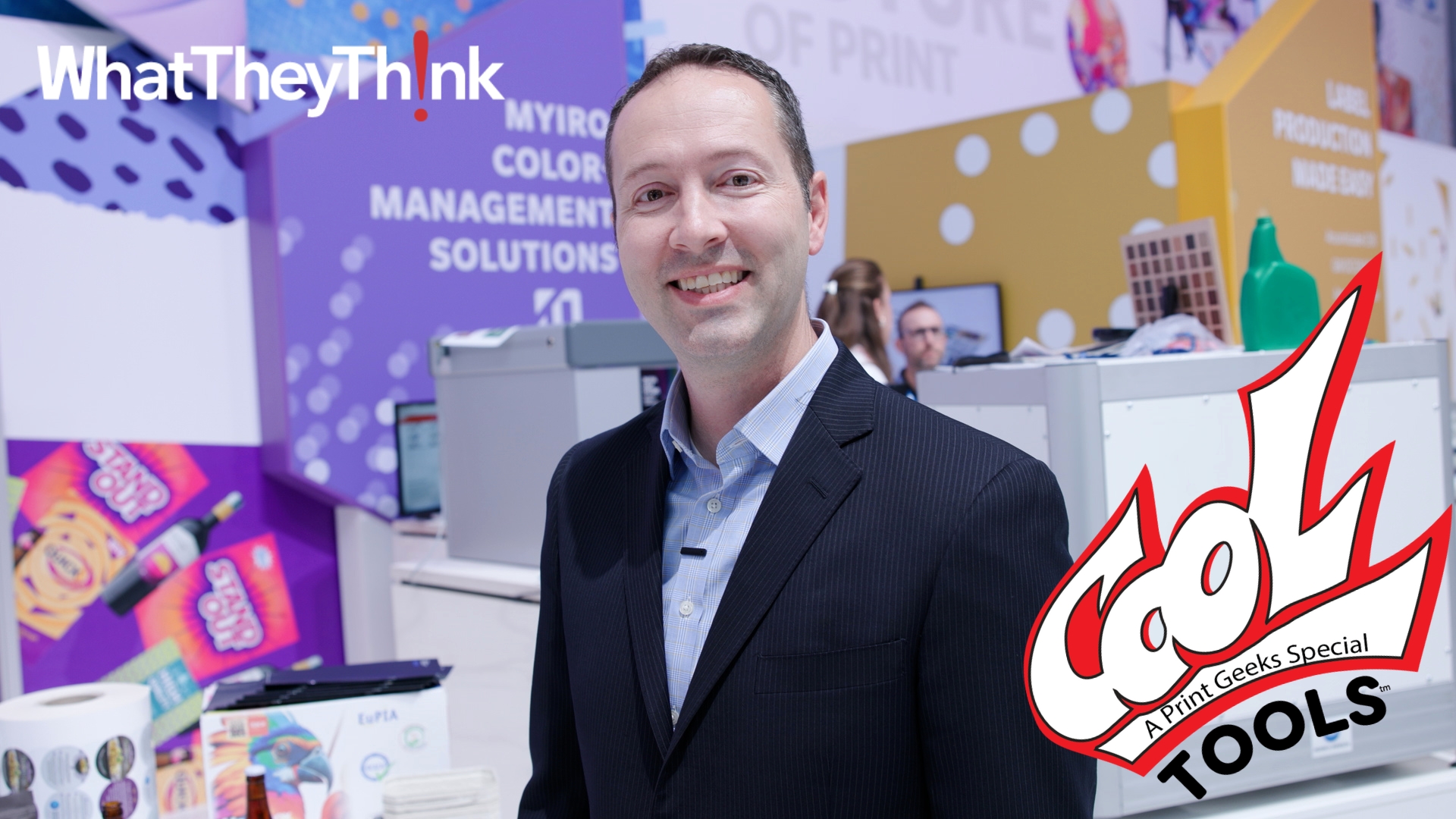



Discussion
Join the discussion Sign In or Become a Member, doing so is simple and free